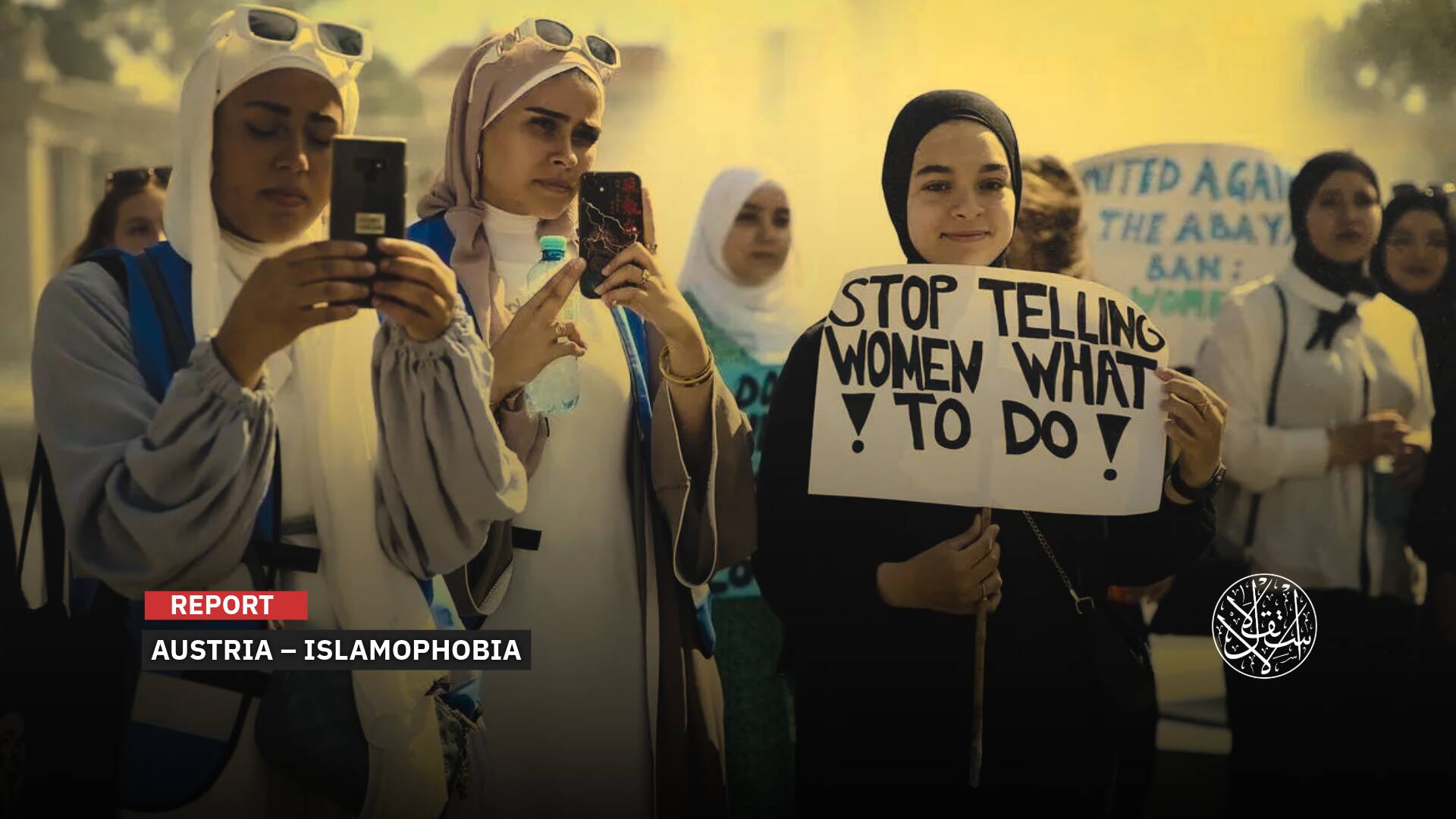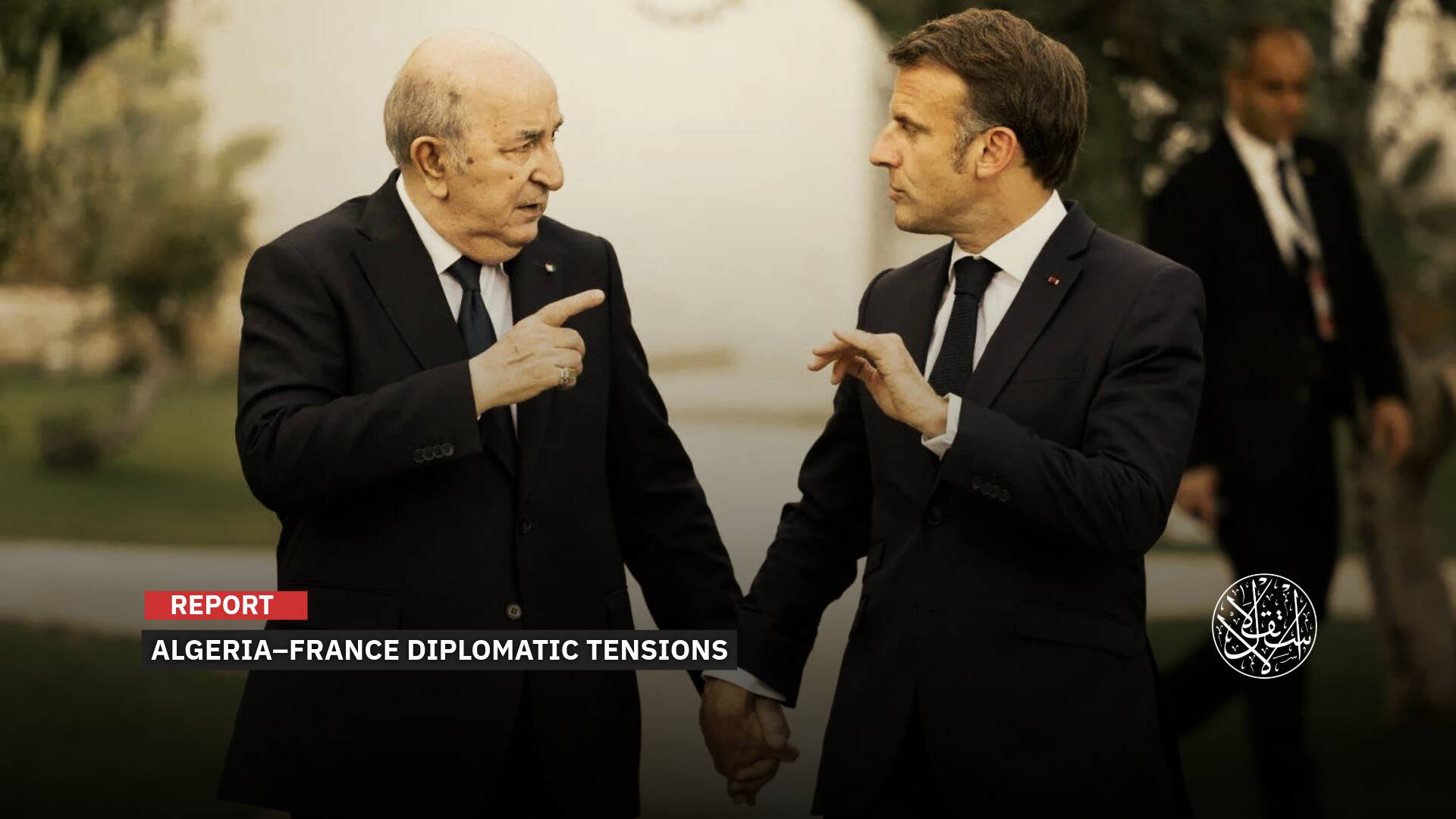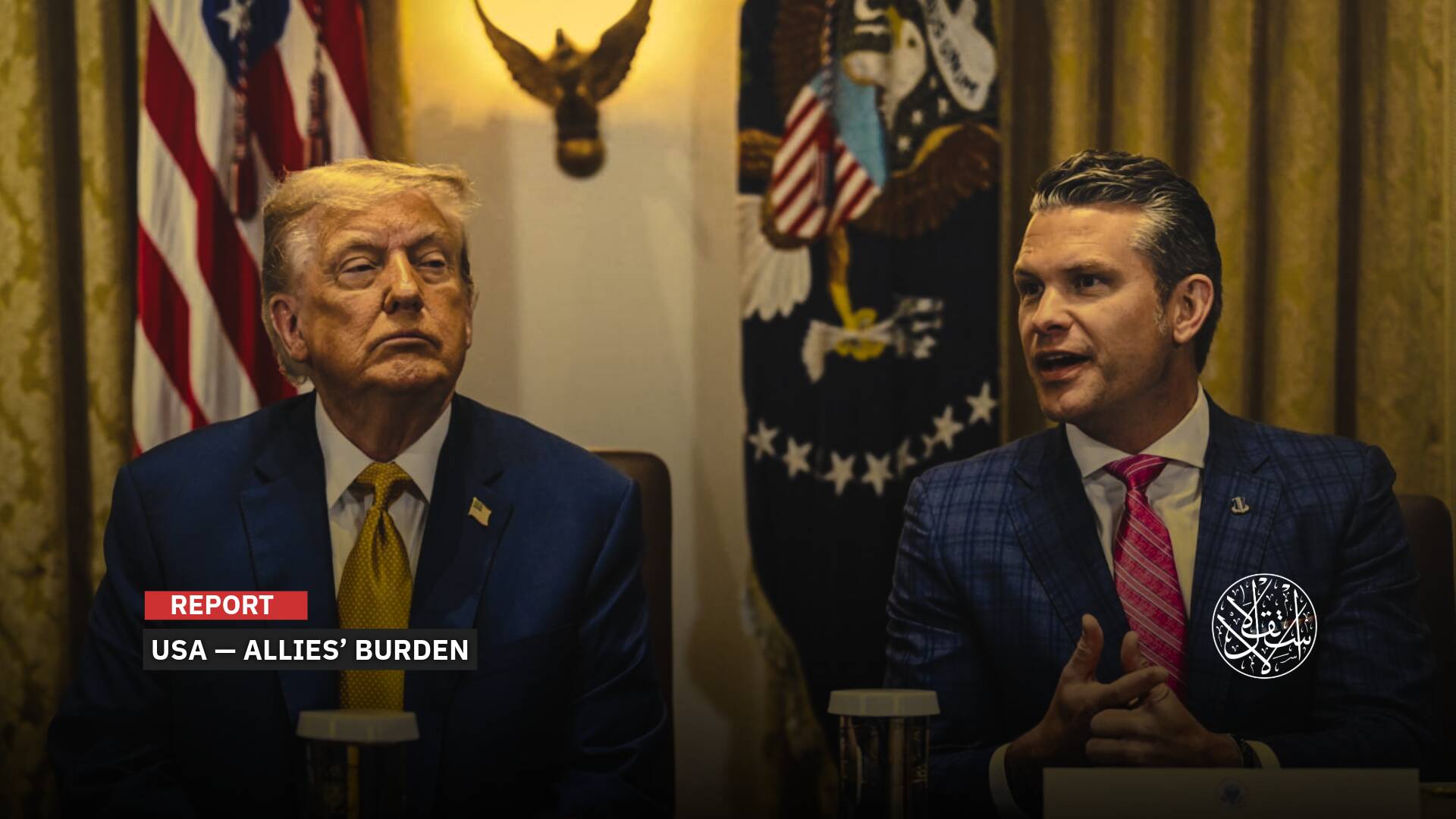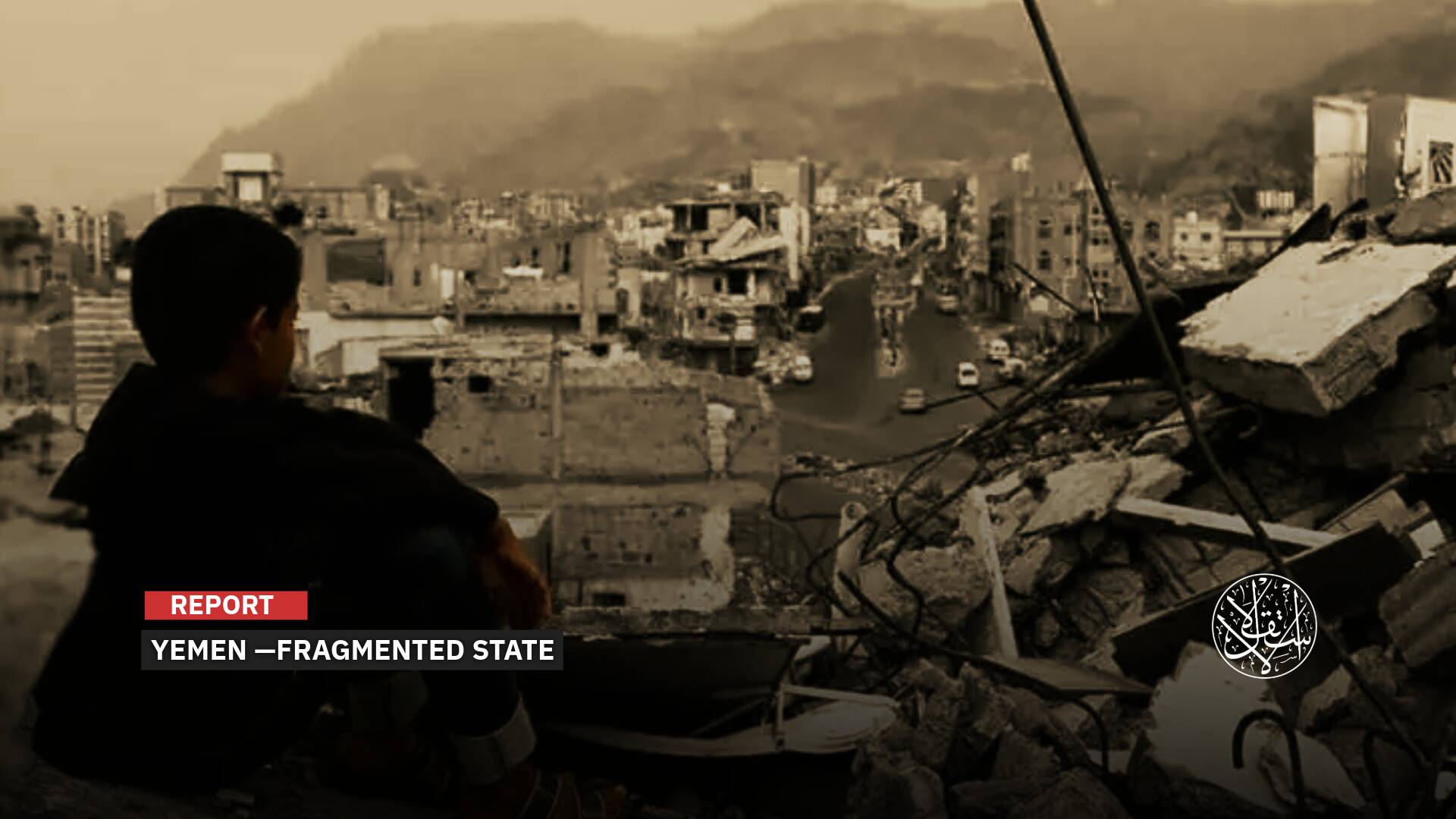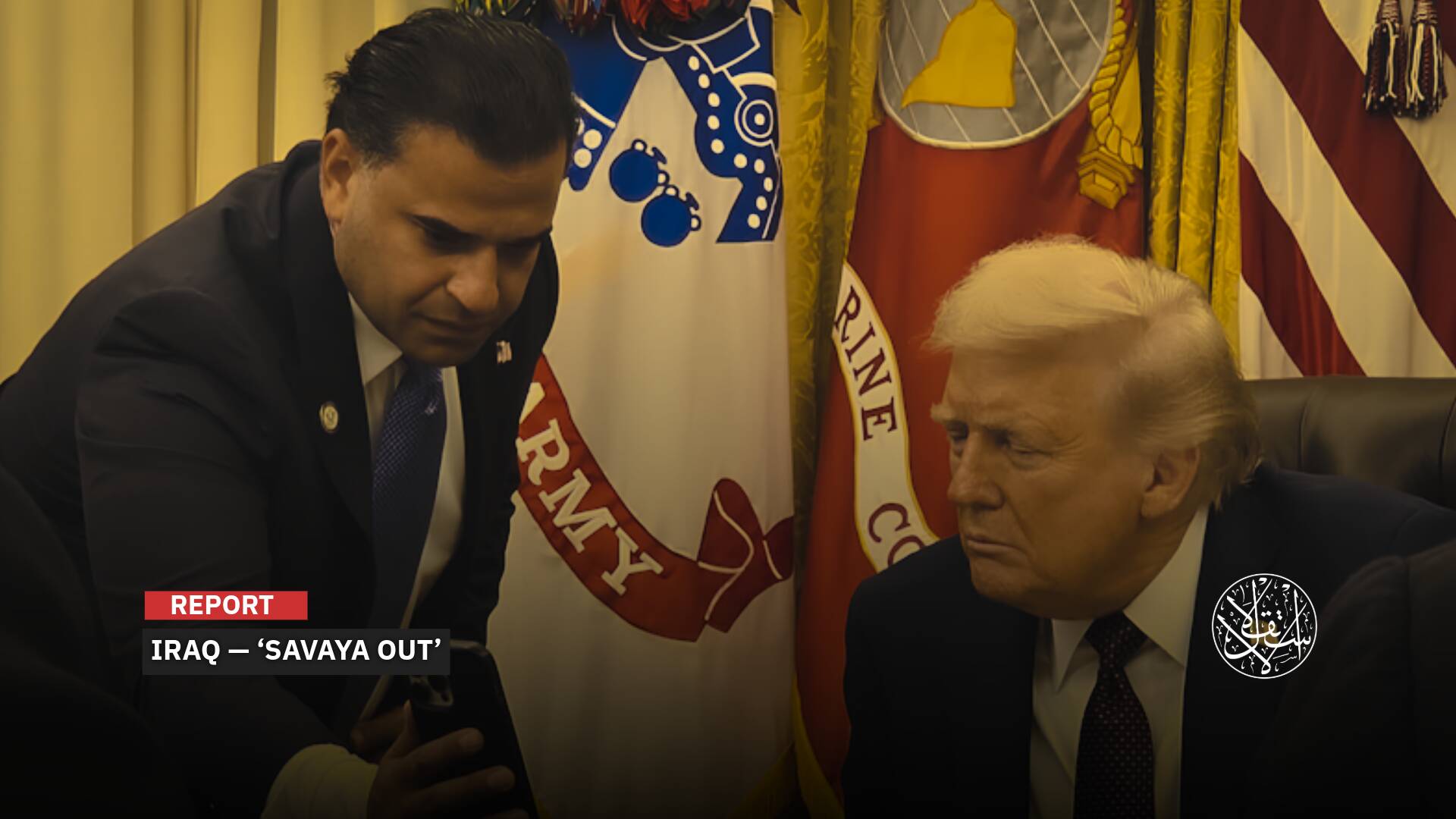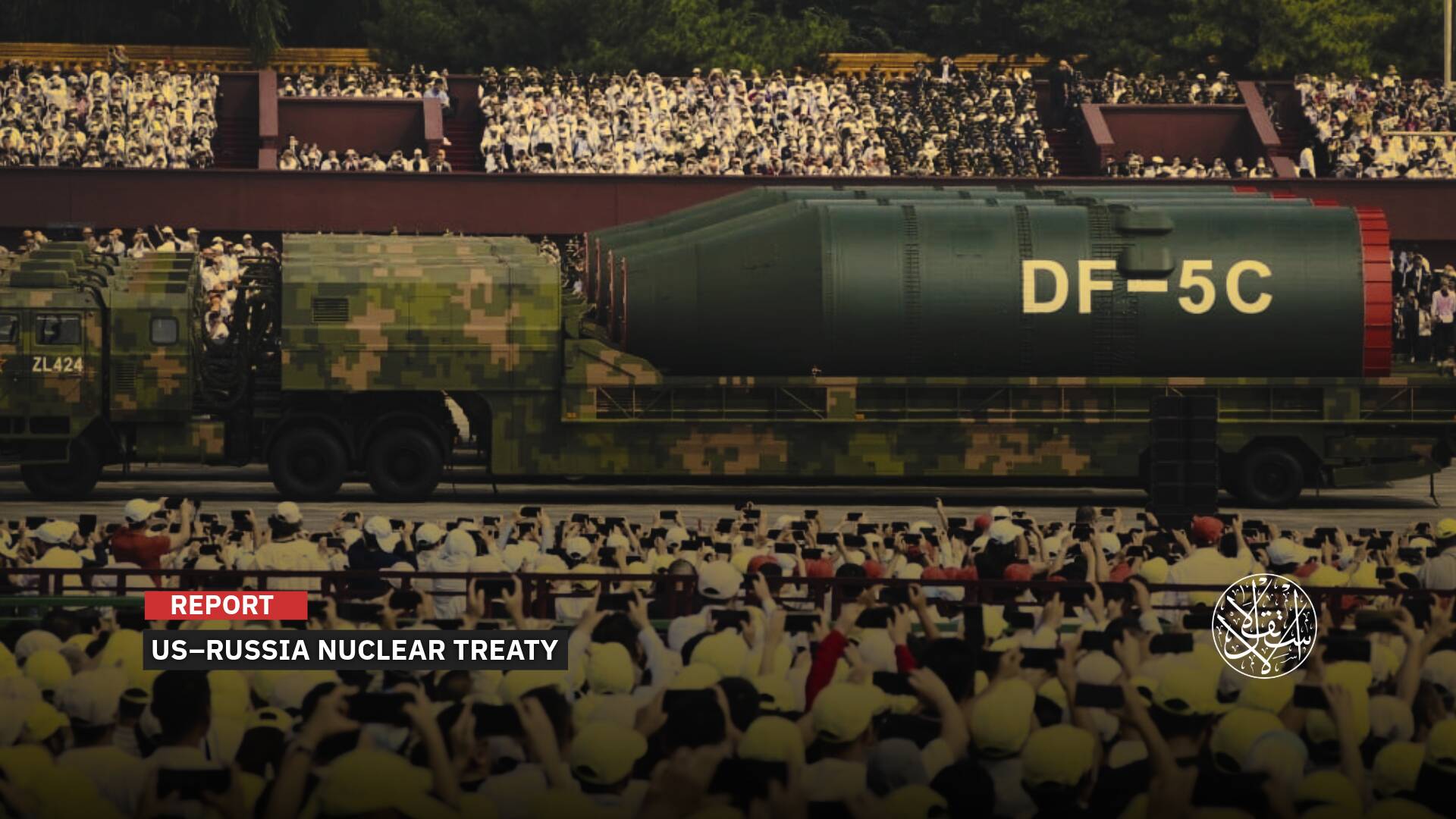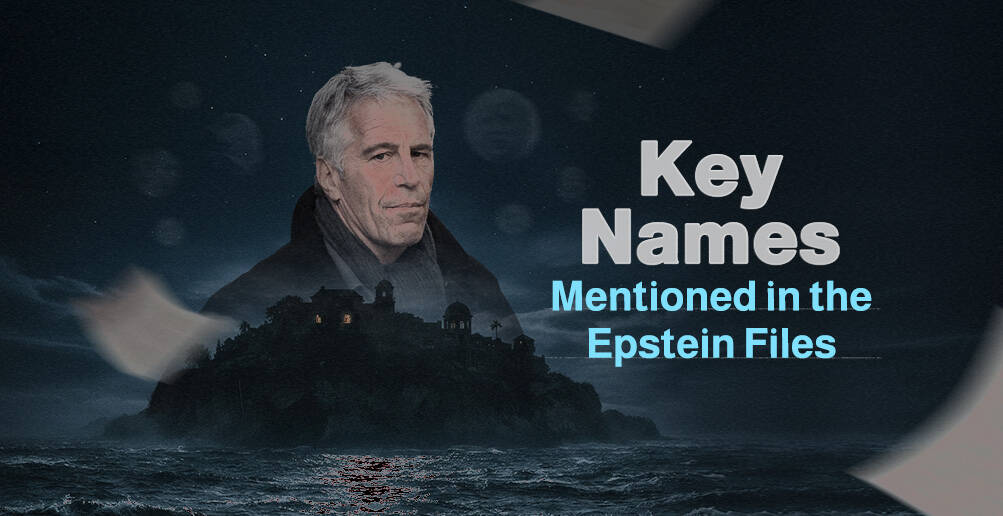A Confederation to Counter Western Colonialism: Can It Transform Africa's Political Landscape?

AES announcement means that the three countries will now operate under a single banner.
African history was made again in Niger on July 6, 2024, when leaders from three West African countries decided to form a confederation aimed at resisting Western colonialism and its agents.
The new military leaders of Mali, Burkina Faso, and Niger, who recently took power and expelled French and American forces from their countries, made significant political, economic, and security decisions at the first summit of this confederation, unsettling the West.
These decisions focus on unity through a charter forming the Alliance of Sahel States (AES), unifying currency, integrating military capabilities, and more.
It's a long-awaited dream to unite African peoples under regional cooperation, self-reliance, and to prevent Western exploitation of their resources and turning their countries into military bases.
This announcement means that the three countries will now operate under a single banner, adopting a unified foreign and security policy guided by African interests and supported by a shared central bank.
This Union marks a significant development of the Alliance of Sahel States (AES) established in September 2023, aiming to enhance cooperation in security, economic and social development, and culture among member states.
Against Colonialism
Though the coups in Mali, Burkina Faso, and Niger in 2022 and 2023 were carried out by military personnel, this time their coup was against French and American colonialism.
They also targeted Western-aligned rulers who had surrendered their countries' wealth and military bases to Western colonizers for power and wealth.
These coups were followed by the expulsion of colonial armies one after another from the Sahel and Central African countries. France lost four countries from which it was expelled: Mali, Guinea, Burkina Faso in 2021, and Niger and Gabon in 2023.
On May 16, 2024, Prime Minister of Senegal Ousmane Sonko hinted at the imminent expulsion of French soldiers and the closure of French military bases in Senegal due to the impact of this presence on our national sovereignty and strategic independence, according to Reuters.
Mali, Niger, and Burkina Faso expelled French forces, followed by Niger also fully expelling the American army on July 7, 2024, as reported by AFP.
This came after the ruling military council in April 2024 ordered the United States to withdraw its roughly 1,000 troops from Niger.
These anti-colonial coups, followed by the expulsion of foreign forces, were accompanied by withdrawals from Western-created organizations designed to keep these countries under their influence, notably, the French-led "G5 Sahel" and the Economic Community of West African States (ECOWAS), which includes 15 countries in the continent.
In 2021, Mali withdrew from the "G5 Sahel," an alliance formed by France of five countries under the pretext of "fighting terrorism," when the primary goal was to justify and maintain the French military presence there.
Then Burkina Faso and Niger withdrew on December 2, 2023, leaving only Mauritania and Chad in the alliance, effectively causing its collapse.
The withdrawal of these three countries from the alliance stripped France of its pretext to use it under the guise of fighting Islamists in Africa while it actually incited African conflicts to justify its military presence.
On July 6, these countries announced the transition from the Alliance of Sahel States (AES) to the Union of Sahel States (CES).

They confirmed there is no intention to return to ECOWAS again, accusing the bloc of failure due to Western control, and pledged to strengthen their own Union (Union of Sahel States), according to the Associated Press on July 7, 2024.
Their exit from ECOWAS was partly driven by allegations that Paris manipulates the bloc and does not provide adequate support for anti-jihadist efforts, according to Voice of America on July 6.
The three leaders who took power through coups stated at the summit's conclusion that they decided to take another step towards greater integration and adopted a treaty to establish a confederation, Voice of America reported.
Union Motives
According to African, French, and American estimates, these countries sought to break free from Western influence, strengthen their political independence, collective security, and economic integration, and control their own resources by forming this confederation.
This step aims to reduce reliance on traditional Western powers like France and to strengthen ties with countries such as Russia, which has expressed readiness to support the new regimes militarily and economically.
Burkina Faso's leader, Ibrahim Traore, pointed to these goals during the founding meeting of the confederation in Niger, accusing foreign countries of exploiting Africa.
Traore said “Westerners consider that we belong to them and our wealth also belongs to them. They think that they are the ones who must continue to tell us what is good for our states,” he said.
“This era is gone forever. Our resources will remain for us and our population.”
Niger’s military leader General Abdourahamane Tchiani described the AES summit as "the culmination of our determined common will to reclaim our national sovereignty.”
At the union's inauguration meeting, he said that ECOWAS, which was founded nearly 50 years ago, had become "a threat to our states," according to the Associated Press.
“We are going to create an AES of the peoples, instead of an ECOWAS whose directives and instructions are dictated to it by powers that are foreign to Africa,” he said.
Mali's leader, Colonel Assimi Goita, elected as the union's leader, stated, "An attack on one of us will be an attack on all the other members.”
The three leaders signed a charter committing to establishing a regional parliament and a bank similar to those managed by the Economic Community of West African States.
They also vowed to pool their military resources and collaborate to combat insecurity in their countries.
On March 7, 2024, the three countries agreed to establish a joint force to address security threats across their territories, according to Reuters.
The establishment of this union represents a significant initial realization of the African peoples' desire to escape French influence.
It is also a pivotal moment in the region's history, marking an important step towards African unity, relying on regional self-capacity to face common challenges.
Opportunities and Challenges
The Union of Sahel States, which laid its foundation stone on September 16, 2023, and was officially launched on July 6, 2024, includes Mali, Niger, and Burkina Faso under a mutual defense agreement.
Following the signing of the charter related to this alliance, named Liptako-Gourma, meetings and plans for initiatives have been held to advance the new structure towards establishing the alliance’s statute and transforming it into a confederation.
Under the agreement, the three countries already plan to create a joint defense force. While this initiative is commendable for realizing the ambition to unify the capabilities of these three countries, questions arise about its ability to withstand the test of time, especially since they are led by transitional military regimes expected to hand over power to civilian governments that may not pursue the same efforts or nurture the same ambitions, according to a study by the Policy Center on April 24, 2024.

Although the charter prioritizes collective defense for the populations of the three countries, it also includes measures that go beyond cooperation within the alliance and outline a vision for the integration of the three states into a confederation.
Now, Mali, Niger, and Burkina Faso must find a solution to the issue of integrating their economies and establishing a closer economic union by harmonizing tax policies, trade regulations, and economic infrastructure.
The members of the alliance will also need to convince political forces and state populations to support such a union, which may require long-term awareness campaigns, public debate, and internal institutional reforms in each country.
Additionally, this confederation aims to enhance alignment between the armies of the three-member states and establish a common defense framework, which could include mutual defense agreements or the creation of a joint defense force.
This does not mean there are no obstacles, as these countries differ in terms of ethnic diversity and political ideologies and orientations.
Historical rivalries and differences in interests among various ethnic and political groups could impede the consolidation of the confederation idea, according to the Policy Center.
However, the Sahel region occupies an important geostrategic position in West Africa, and the union between these countries would enhance their political and economic weight on the regional and international stages.
Sources
- Sahel military chiefs form confederation, cement exit from West Africa bloc
- Junta-led Sahel states rule out return to West African economic bloc
- Military leaders of Niger, Mali and Burkina Faso rule out returning to the ECOWAS regional bloc
- Niger, Mali and Burkina Faso military leaders sign new pact, rebuff ECOWAS


